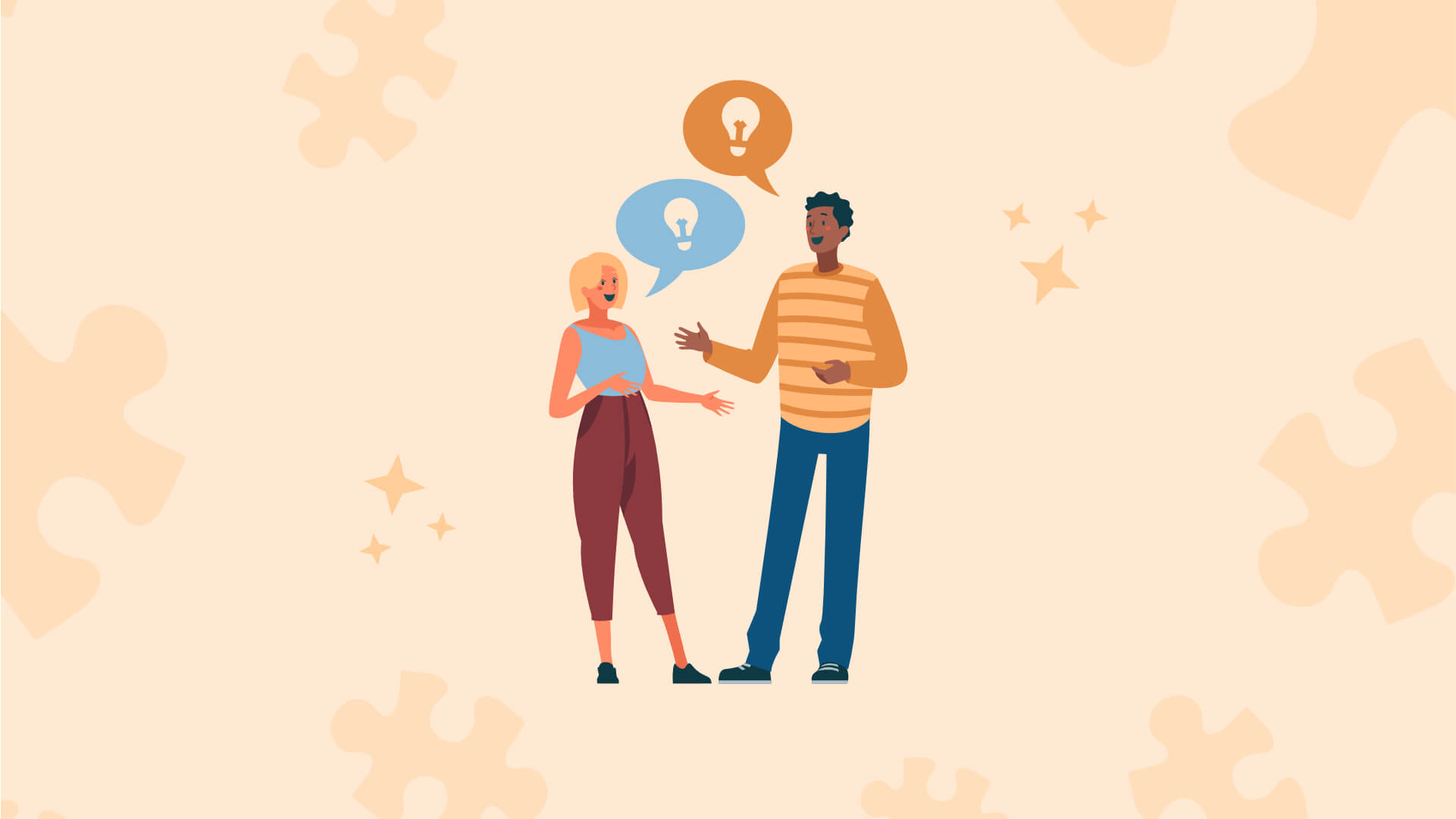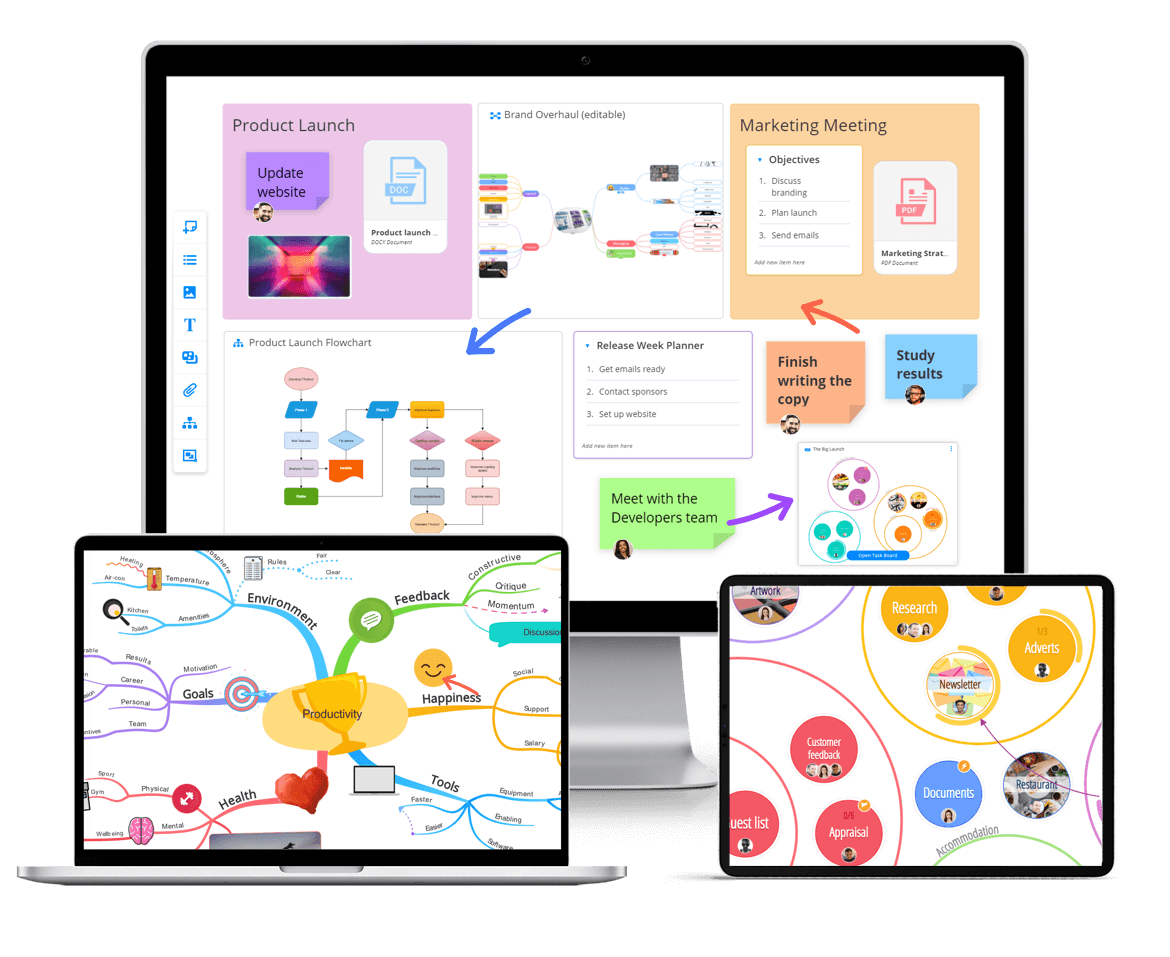July 29, 2022 (Updated April 25th, 2023)
Understanding The Language of Neurodiversity

The term neurodiversity has been growing exponentially over the last year or so. For good reason. More people than ever before are aware of neurological differences, and are taking steps to get diagnosed, to educate others, or to be more informed themselves.
Previous studies estimated that 1 in 7 people were neurodivergent, but recent estimates suggest that this could be between 30-40% of the population. These statistics highlight the need to address the challenges faced by neurodivergent individuals across the globe, and the importance of using the right language to do so.
Crucially, though, inclusion isn’t about getting it right 100% of the time. It can be easy to get lost in a sea of the right and wrong words, or actions, or thoughts. This will ultimately leave you feeling exhausted, and it misses the point: inclusion is about empathy and genuine support which requires action beyond words. Nevertheless, it’s important that when reaching out to people in your life with an open mind and heart, that your words show that you are willing to do the right thing to help everyone feel welcome. With that said, let’s dive a bit deeper into the language of neurodiversity.
What does neurodiversity mean?
Neurodiversity, simply put, means that individuals interact with the world through unique lenses due to differences neurologically. A neurodivergent person, therefore, interacts with the world around them in a way that differs from societal expectations, due in part to neurological differences. This could be anything from ADHD to Autism to an Acquired Brain Injury. You can learn more about neurodiversity on our informational page.
Neurodiverse vs Neurodivergent
These two terms are often used interchangeably, but their meanings are actually distinct and different. Neurodiverse is an adjective that describes a group of people whose thinking or brain functioning is different from each other. A workplace, for example, is likely neurodiverse, because it contains both neurotypical and neurodivergent individuals.
Neurodivergent, then, is an adjective that describes a person (singular), whose brain functioning or neurology is different from what is typically expected. When someone’s brain functions as typically expected, they are called ‘neurotypical’. A single person cannot be neurodiverse.
There is also some debate around this. The term neurodivergence, for example, is often used interchangeably with neurodiversity, but it has fallen out of common use as it suggests lacking or deficit.
The importance of using the right language
Words have power. Choosing to use the right ones, in the right context, can make a huge difference to your experience and others. Whether you’re in the workplace, in educational settings, or at home. Every time we speak, whether intentionally or unintentionally, our language is reinforcing negative stereotypes, or challenging them. It’s important to define people in ways that make them feel respected and valued, and not simply through the lens of disability.
How can I support someone who is neurodivergent beyond language?
You’re already off to a great start. You’re researching to gain a better understanding of neurodiversity, and this will go a long way in helping you support others. Become as informed as you can be, and don’t be afraid to go beyond the language of neurodiversity. As we mentioned earlier, it is as important to do the right thing as it is to say the right thing. Read articles, hear the differing perspectives of individuals with neurological differences, and try to keep an open mind.
If you are an employer:
- Listen to employees to discover what language they’re comfortable using in relation to their neurological difference.
- Encourage your employees to further their own understanding. You could even provide access to courses, or host events to learn more about neurodiversity and related terminology.
- Provide accommodations accessible to all employees. Be aware that many employees may not disclose their disabilities with their work.
- If you want to learn more, you can read this recent article on seven workplace changes to let neurodiverse talent thrive
If you are an educational professional:
- Assist your students in framing disability correctly. Add the language of neurodiversity into your classroom and take the time to educate your students.
- Provide resources to your students and colleagues for DSA support
- Be aware of student accommodations and rights when it comes to essays, homework, and other time-dependent tasks.
- Learn more via our education page.
If you are a family member or friend:
- Ask how you can help and offer a listening ear. Often, people just want someone to listen and understand their problems without judgement or interruption.
- If there is a behaviour or symptom you don’t understand, research these in your own time, so that your loved one feels supported and respected. This can help reduce the tension that comes from miscommunication and misunderstanding a neurodivergent person’s actions.
- There are numerous helplines you can call that will provide free support and guidance, and you can learn more through this list of pages by family action.
It’s true that society is constantly evolving, as are the words we use to define and describe it. With awareness growing around neurodiversity, we can play a role in making the experience of others a positive one through the way we speak and the actions we take.
Neurodiversity affects every single one of us, and inclusive language and action is therefore a responsibility for all of us. What steps can you take moving forward?

The neuro-inclusive collaborative digital workspace
Ayoa is a neuro-inclusive digital workspace that allows individuals to work the way which their brain likes alongside others. Visual mind maps, flexible task management, intuitive whiteboards and more all adapt for creativity and neurodiversity to thrive.
Try Ayoa